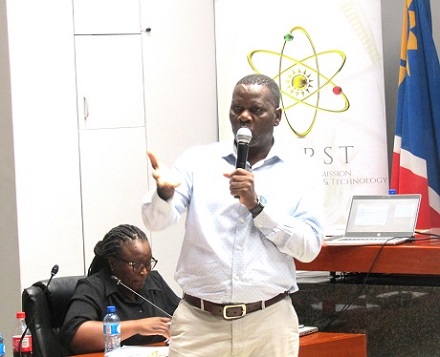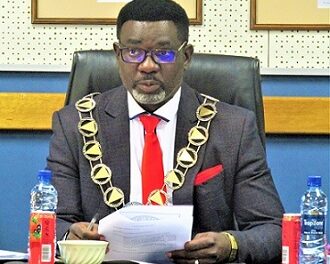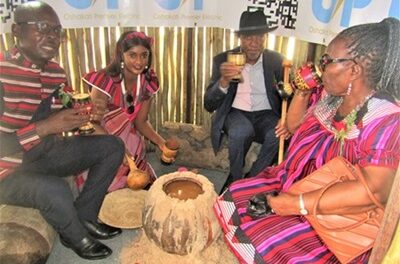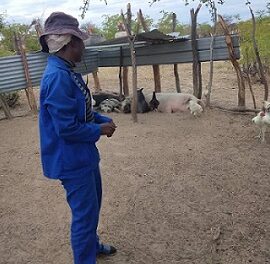
Just like the Old Buck Dry Gin, or Tassenberg (Epunyapunya), and other internationally recognised gins, ciders and wines, the locally famous ombike can also be commercialised and made a mainstream alcoholic drink.
Currently ombike, also known as owalende or kashipembe in some northern vernaculars, is a fermented gin that has for hundreds of years been made from some wild berries in northern Namibia. The gin is popular, but is found only in the informal markets.
But Mr Moses Moses, the chairperson of the National Heritage Council of Namibia, said that the story of ombike can change. He said that ombike can also be commercialized and made a product that is easily available in supermarkets, hotels and guesthouses across Namibia.
Moses was speaking at an engagement workshop on Indigenous Knowledge Systems, held yesterday in Oshakati.
The consultation engagement seeks to finalise a draft document to be known as the “National Indigenous Knowledge Systems Policy”.
In his presentation Moses alluded first to the well-known oshikandela and oshitaka products which are owned by the Olthaver & List company, although these products are a result of traditional knowledge and common heritage, just as ombike.
He pointed out that the current owner of the oshikandela and oshitaka products is allowed by law to claim ownership to the patent for only 20 years.
“But usually what happens is that before expiry of the 20 years the people would bring out a new innovation around the same product and re-register the patent again,” Moses said.
Although oshitaka and oshikandela have already gone to private ownership, Moses stated that ombike can be done differently.
“An entrepreneur can go through the Office of the Governor and get a letter from the traditional authorities which permits him or her to register the patent of ombike, and when profits are made from the commercialization of ombike such profits must be shared with the community,” Moses said.
Speaking on the indigenous knowledge system versus intellectual/industrial property rights, Moses said: “The moment you learn and understand intellectual property, you will never again buy cooking oil from South Africa, you will never buy books and music from South Africa. Instead you will buy the music of Gazza and other local artists.”
Moses said that industrial property rights and intellectual property rights are protected through international, regional and national laws through the registration of copyrights, industrial designs, patents, and trademarks.
In the photo: Mr Moses Moses speaking at the Indigenous Knowledge Systems meeting in Oshakati.






